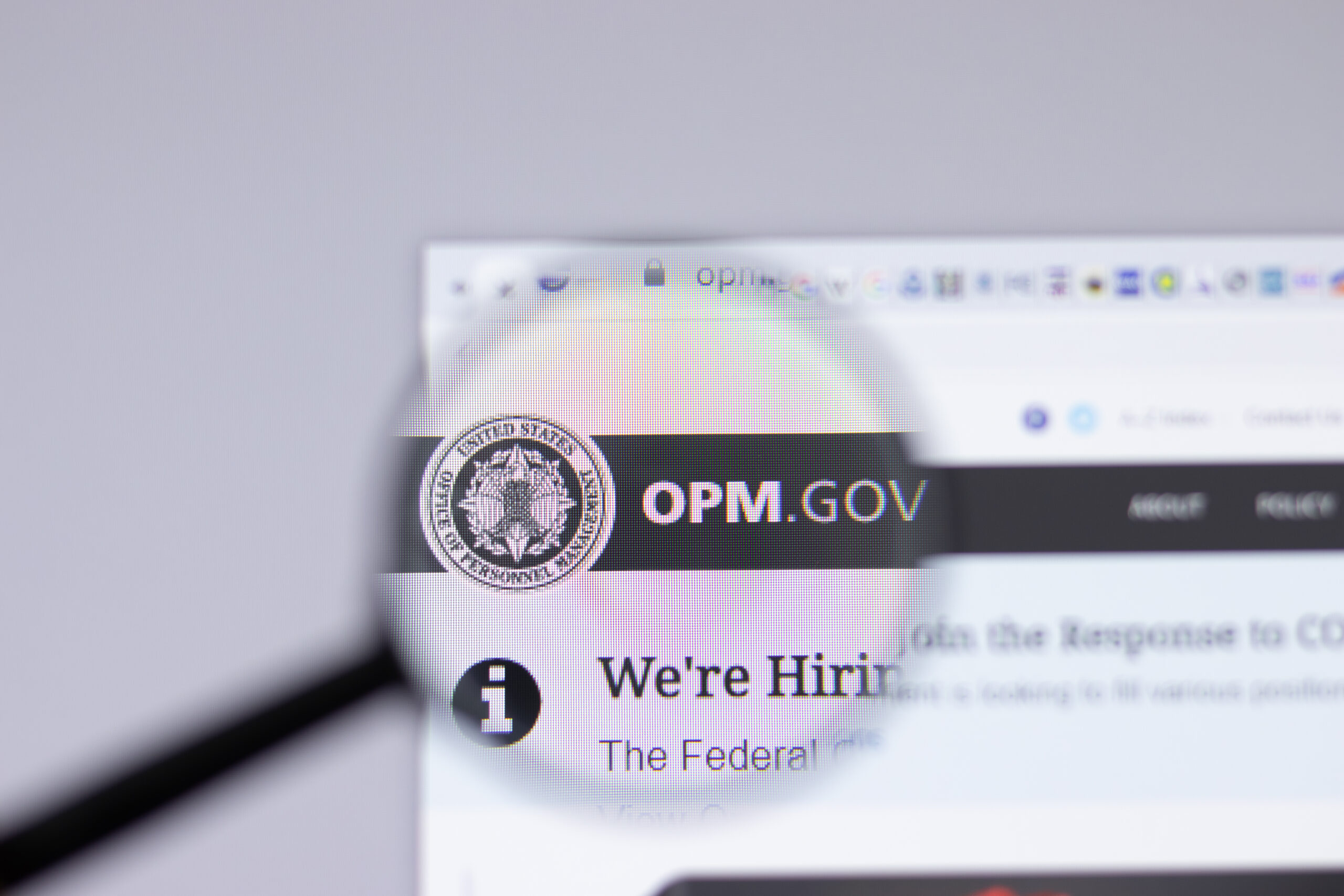This is the fourth in a series of introductory guides to help you navigate the alphabet soup of federal labor and employment agencies. Throughout the federal government, there is agency overlap and the pendulum often swings with each new President in the White House. Ultimately, the general framework for each agency’s mission and the statutes they enforce remains little changed. Below is an introductory guide to the Office of Personnel Management, Merit Systems Protection Board, Office of Special Counsel, and Federal Labor Relations Authority to help you better understand their missions and mandates.
The Civil Service Reform Act of 1978 (CSRA) provides authority for these four agencies that – while they have different jurisdictions – together handle most federal employee workplace matters.
Office of Personnel Management (OPM)
OPM is the chief human resources and workforce management agency for the federal government and its employees – including with respect to programs and benefits. Federal employees who believe their workplace rights have been violated or that they’ve been discriminated against may file complaints with relevant agencies, including DOL for veterans’ rights, EEOC for workplace discrimination, and Office of Special Counsel for prohibited personnel practices.
OPM’s mission: “We are champions of talent for the federal government. We lead federal agencies in workforce policies, programs, and benefits in service to the American people.”
For more information about OPM you can visit its website here.
Merit Systems Protection Board (MSPB)
MSPB protects the merit-based system in federal government against partisan political and other prohibited personnel practices (a list can be found here) by adjudicating employee appeals, conducting merits system studies, and reviewing OPM actions that may affect merit systems.
MSPB’s mission: “Protect the Merit System Principles and promote an effective Federal workforce free of Prohibited Personnel Practices.”
For more information about MSPB you can visit its website here.
Office of Special Counsel (OSC)
Unlike the other agencies under the CSRA, OSC’s statutory authority also comes from the Uniformed Services Employment and Reemployment Rights Act, Hatch Act, and Whistleblower Protection Act. Similar to MSPB, OSC uses its investigative and prosecutorial authority to protect federal employees and job applicants against prohibited personnel practices (a list can be found here) – but also with respect to political corruption and whistleblowing. OSC has a process to ensure confidentiality of whistleblowers – an overview of this process and types of disclosures of wrongdoing can be found here.
OSC’s Mission: “To safeguard the merit system by protecting federal employees and applicants from prohibited personnel practices (PPPs), especially reprisal for whistleblowing.”
For more information about OSC you can visit its website here.
Federal Labor Relations Authority (FLRA)
FLRA is tasked with administering the labor-management relations program for non-Postal federal employees – it is essentially the federal public sector counterpart to the NLRB.
FLRA administers and enforce the Federal Service Labor-Management Relations Statute, which is part of the CSRA. FLRA has five primary responsibilities:
- Resolve complaints of unfair labor practices
- Determine the appropriateness of units for labor organization representation
- Adjudicate exceptions to arbitrators’ awards
- Adjudicate legal issues relating to the duty to bargain
- Resolve impasses during negotiations
Within FLRA, the Federal Service Impasses Panel (FSIP) works to resolve impasses between unions and federal agencies. FSIP’s assistance can be requested by either party if a voluntary agreement cannot be reached through mediation with FMCS.
After a request for assistance is made, FSIP will conduct an investigation before it determines whether it will assert jurisdiction over the request for assistance. If a voluntary settlement cannot be reached after FSIP’s dispute-resolution procedures, FSIP can take any action necessary to resolve the impasse and, unless the parties agree otherwise, any final action from FSIP is binding.
FLRA’s Mission: “Protecting rights and facilitating stable relationships among federal agencies, labor organizations, and employees while advancing an effective and efficient government through the administration of the Federal Service Labor-Management Relations Statute.”
For more information about FLRA you can visit its website here.
Let’s Get Connected
We offer a free membership program, networking opportunities, and professional development scholarships to support qualifying public employees. Sign up today to receive updates from our team.
